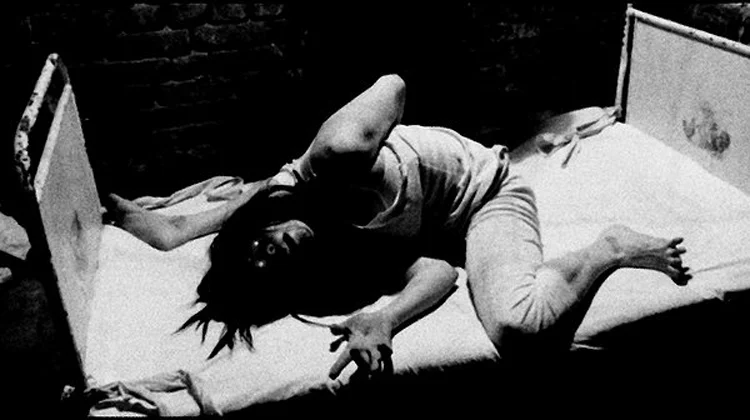I can’t believe I have two Halloween posts this year but whatevs. It’s a fun holiday and it deserves it. For so many flamboyant types like myself, Halloween is when we can stop toning it down and finally be ourselves. Believe me, if it was completely acceptable, I would go out dressed in full makeup like this every single day (and I am known for breaking all kinds of dress code rules already — full on Halloween makeup in the middle of May crosses the line for some reason).
Where did this strange holiday even come from anyway? It’s actually a combination of pagan, Catholic, Celtic and ancient Roman traditions.
It all started back in the Iron Age (800-600 BC). Since the last day of the Celtic calendar was October 31, it was originally a sort of new years celebration for Gaelic people. In addition to honoring those that had died, it was also to honor the upcoming winter, which brought the end to the harvest and the death of nature. When the Romans invaded them in the first century BC, many of their traditions and rituals got blended in with the Roman festival of Pomona (the Roman goddess of fruits and gardens) and some of the darker Roman festivals Perantalia and Feralia, which were celebrations of the dead. (Wikipedia)
The traditions came to include practices to ward off spirits and honor the dead in European countries. The British believed fire warded off evil spirits, so churches bought extra dandles and held bonfires in graveyards. The Spanish visited graveyards and consecrated graves with holy water or milk. French monks took a less superstitious action on the day, sending prayers to saints. The Irish, however, were really the first to start the tradition of trick-or-treating. Halloween reached America in the mid-19th century with the influx of Irish immigrants who brought their mix of Samhain, Pomona and pagan traditions. (Halloween: From Pagan Ritual to Party Night: Oxford University Press, 2002)
In the Roman Catholic Church, November 1 was All Saints Day or All Hallows. It was a day dedicated to honoring the saints and the recently departed. What’s odd is that while we obviously get the name Halloween from the church, the holiday has always been a sensitive one for Catholics. Many have argued that it is a ritual that glorifies devil worship.
It should be noted that in 1982 the Christian Coalition declared that Halloween and Day of the Dead were not "satanic rituals." (Halloween: From Pagan Ritual to Party Night: Oxford University Press, 2002)
The dressing up and collecting candy or gifts started out as children’s rituals that adults did not partake in. With the millennial generation, dressing up for Halloween and going to costume parties became a regular thing for adults. Blame it on our “prolonged adolescence” but I think the real reason it’s become so popular for adults is because of the lack of stress in this holiday. It is one of the few holidays that doesn’t revolve around families. No travel is involved. No pressure to find a date like there is for Valentine’s Day or New Years Eve. It doesn’t have a political message like Thanksgiving or the Fourth of July. It’s pure fun and goofiness. There is no pressure to buy gifts or even participate at all. It’s not a holiday that is associated with stress or loneliness.
It is not serious. You can wear whatever you want. You can be whoever you want to be. There is a fantastical element to it that isn’t found in the other holidays. Halloween is a holiday that is not judgmental. It’s easy to see why so many people with an outsider mentality consider it their favorite holiday.
























I usually do a write up of the events I’ve organized or hosted and my most-read articles at the end of the year. This was an unusual year (obviously, there is no need to go into it here) so I didn’t bother. Instead I want to highlight a project of mine that I am particularly proud of — it’s my new podcast show, Unverified Accounts, that I cohost with my frequent collaborators, Chris Jesu Lee and Filip Guo. If you're a big movie/TV/book buff, have leftist sympathies, but can't stand 'wokeness' dumbing down our culture, then we're the podcast for you. So far in our 25 episodes, we’ve covered a range of contentious topics.